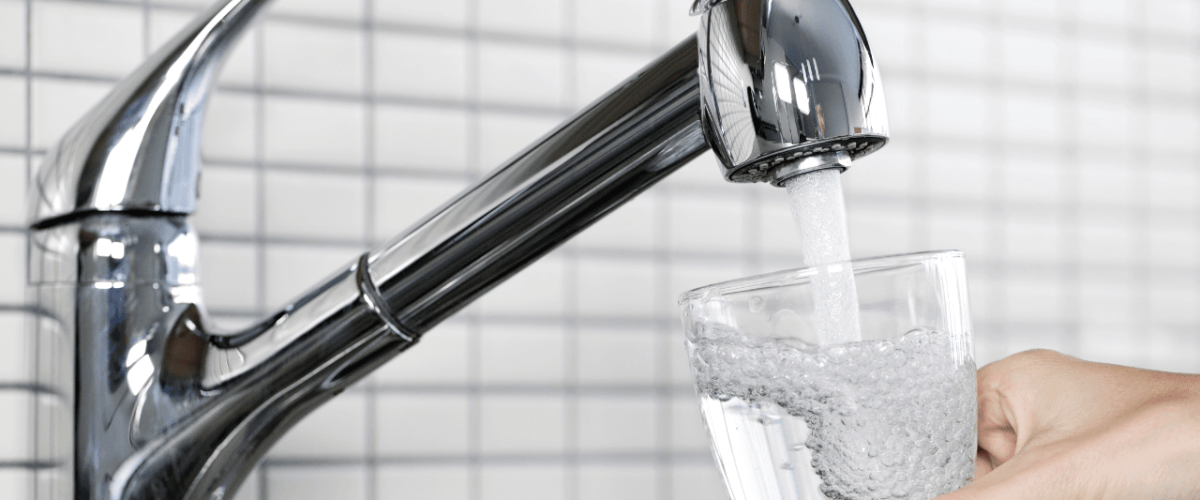Have you ever sipped your tap water and noticed a strange, unpleasant taste? If so, you are not alone! Many people across the country experience this issue and often wonder why their water tastes bad. It is essential to understand that there are a variety of factors that can affect the taste of your water. Identifying and addressing the cause of the bad taste to improve the overall quality of your drinking water is vital.
Keep reading to understand the potential causes of why your tap water might be leaving a bad taste in your mouth.
The Quality of Your Local Water Source
The source of your tap water plays a major role in its taste. Groundwater and surface water can contain natural minerals such as iron, manganese, and sulfur, which may give water a metallic or bitter flavor. Organic matter in the source water can also create a musty or earthy taste.
Even if your water is treated at a municipal plant, these naturally occurring minerals can still influence your tap water taste, making it less than refreshing.
Water Treatment Process
Water treatment plants use various methods to treat water before it reaches your tap. However, some of these treatment processes can affect the taste of your water.
For instance, chlorine is added to drinking water to kill bacteria and other harmful microorganisms. However, when too much chlorine is added, it can leave an unpleasant taste in your mouth. This is because chlorine can react with organic matter in the water to form compounds with a strong odor and taste.
Additionally, if the water treatment plant uses a lot of chemicals to treat the water, it can affect the taste.
Pipes and Plumbing
Over time, plumbing can become a hidden source of bad-tasting water. Mineral buildup, corrosion, or outdated pipes can introduce metallic flavors, odors, or discoloration to your water. Older homes are more likely to experience these issues, which can affect both taste and safety.
Environmental Contaminants
Environmental contaminants, such as pesticides, fertilizers, and industrial chemicals, can also affect the taste of your water. These contaminants can enter your water source in various ways, including runoff from agricultural areas and industrial sites. If you live in an area with high levels of environmental contaminants, it can affect the taste and quality of your tap water.
Effective Solutions to Improve the Taste of Your Tap Water
Ignoring a bad taste in your tap water is not advisable, as it could indicate a bigger problem. By identifying the source of the issue, you can find a practical solution that’ll ensure your water tastes better and is safe to drink.
Here are a few steps to take to improve the taste of your tap water:
Use a Water Filter
Water filters can remove various contaminants, including chlorine, lead, and sediment, that can affect the taste of your water. Several types of filters are available, including pitcher filters, faucet filters, and whole-house filters.
Boil Your Water
Boiling water can remove any chlorine or other chemicals in the water that are causing an unpleasant taste or odor.
Install a Professional Water Treatment System
For persistent issues, investing in a professional water treatment system can eliminate most taste and odor problems. McCowin Water, Inc. offers advanced solutions, including water softeners, reverse osmosis systems, and whole-house filtration units, designed to improve both taste and safety.
Contact Your Local Water Supplier
If you’re concerned about tap water quality, contact your local water supplier. They can provide information about the source of your water and any potential contaminants that may be affecting its taste.
At McCowin Water, Inc., our team of experts is committed to providing high-quality water treatment solutions that can help improve the taste and quality of your tap water. Contact us today to learn how we can help you solve your water taste problem.
What Is a Whole House Water Softener and Why Is It Essential for Protecting Your Home?
How to Choose the Best Water Filtration System for Your Irvine, CA Home
Interesting Facts about Water Filters
The Advantages of Alkaline Water Systems for Your California Home
Is It Better to Drink Bottled Water or Filtered Water? Unveiling the Truth for Your Health.

